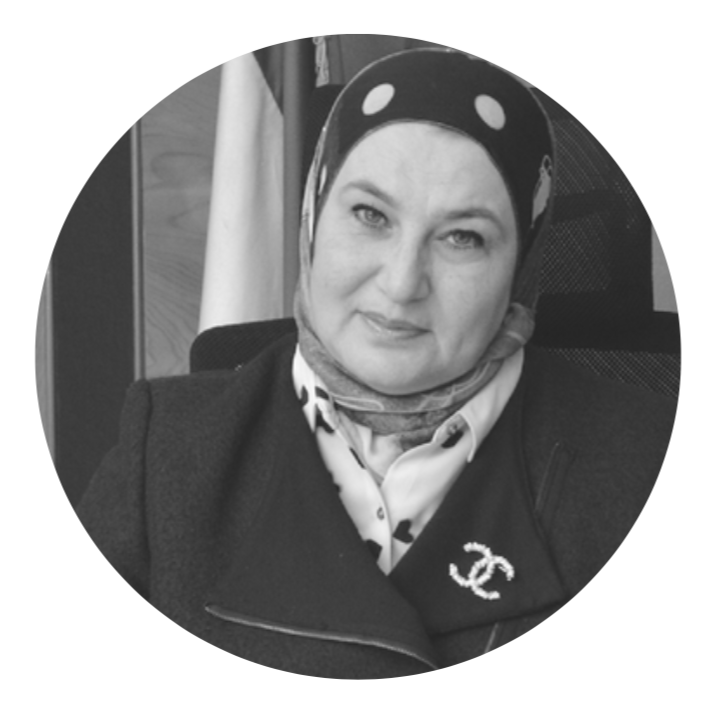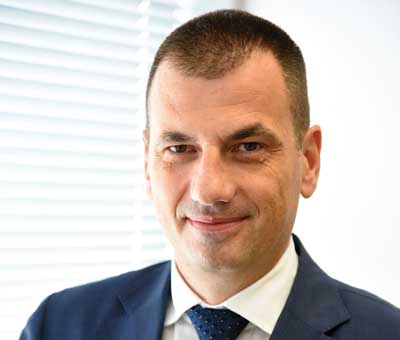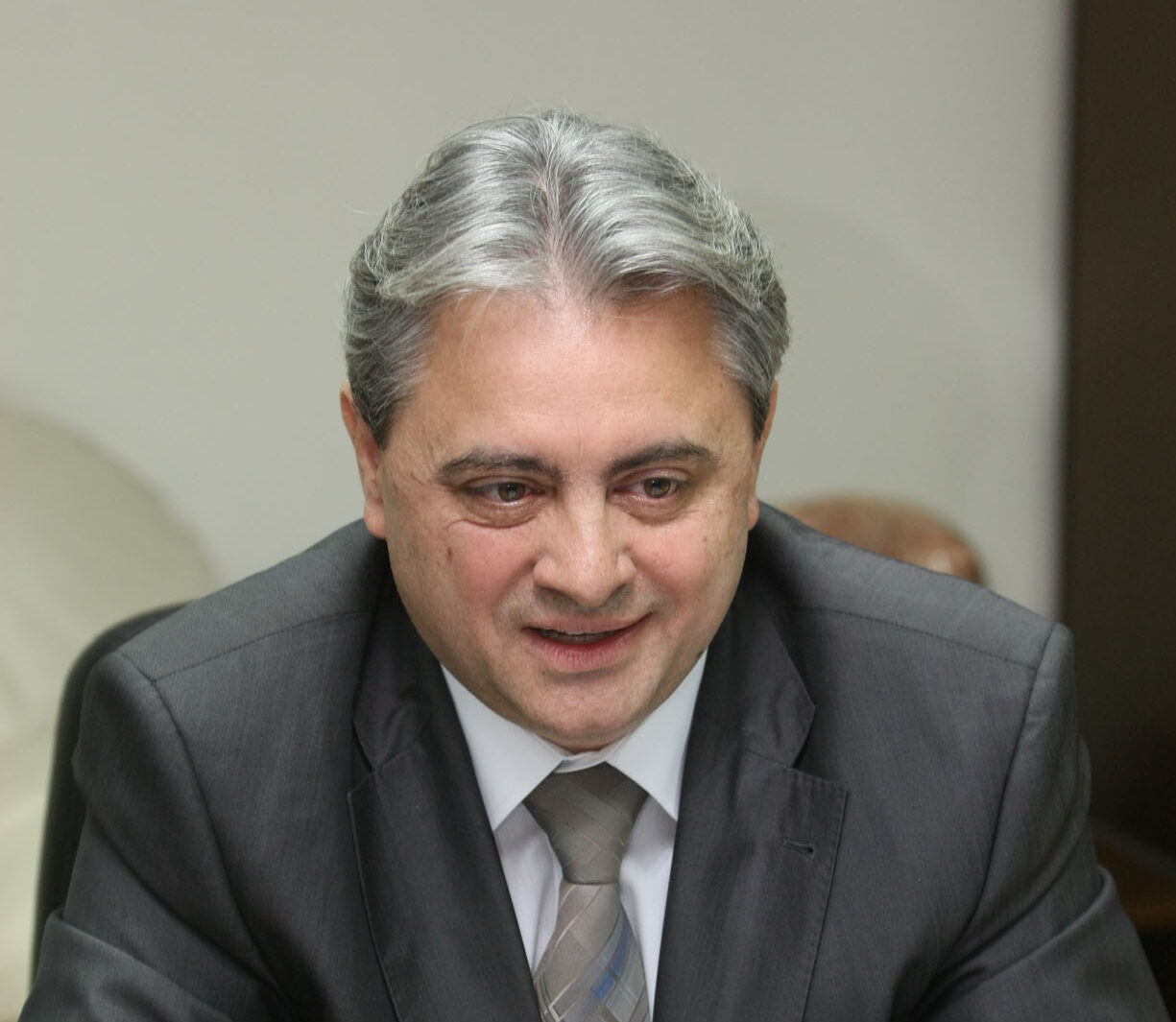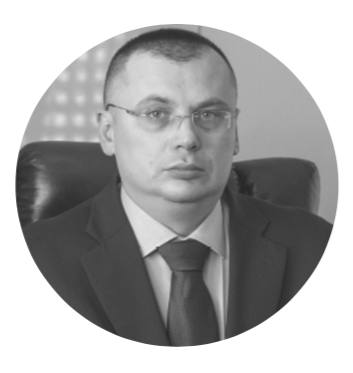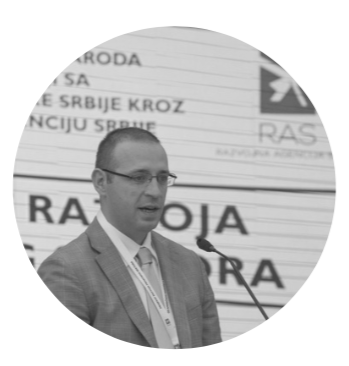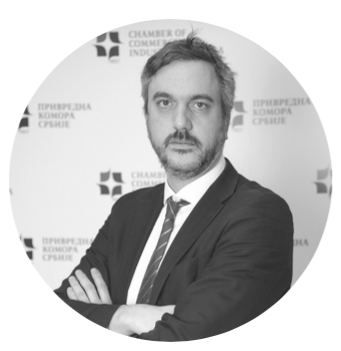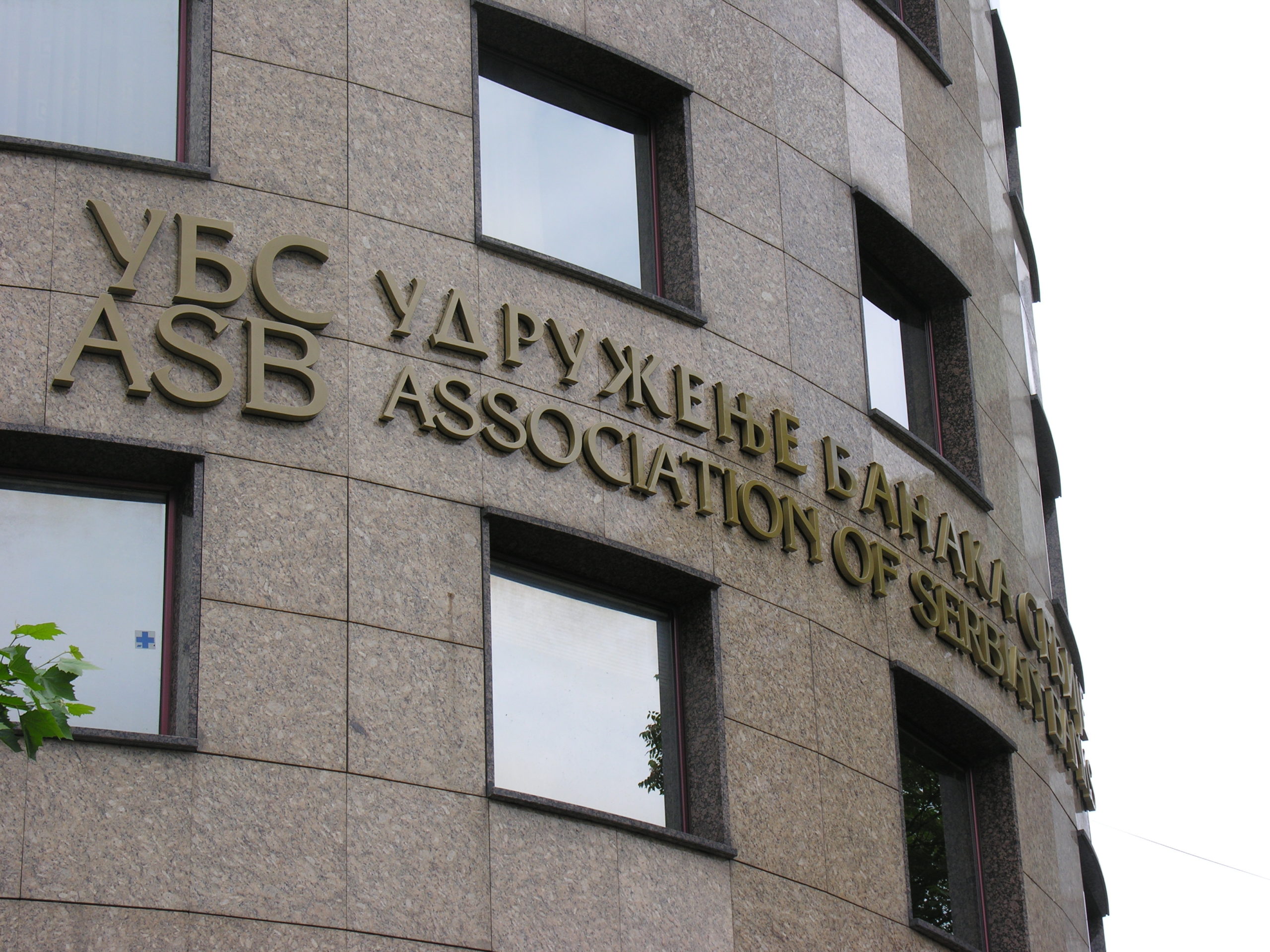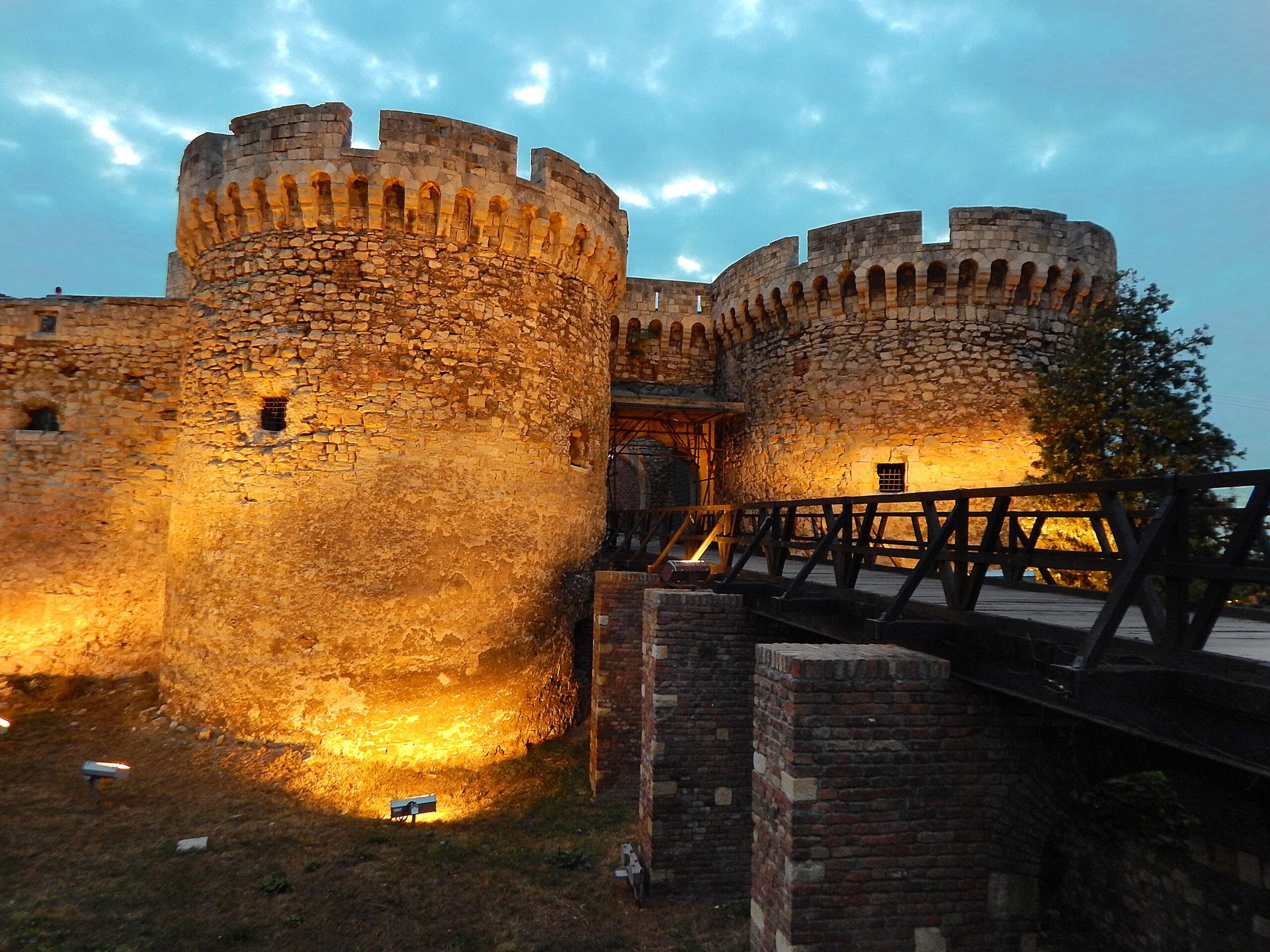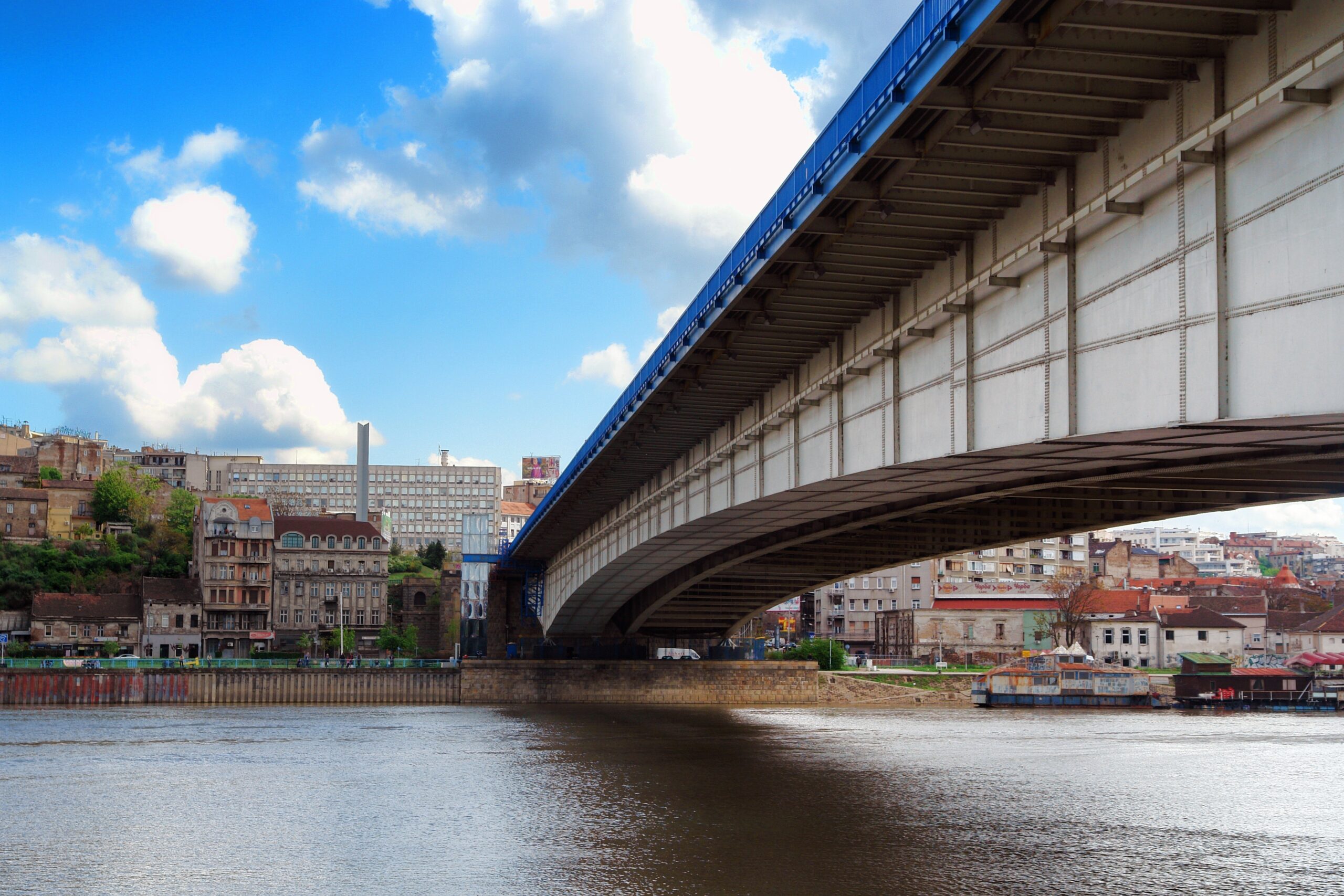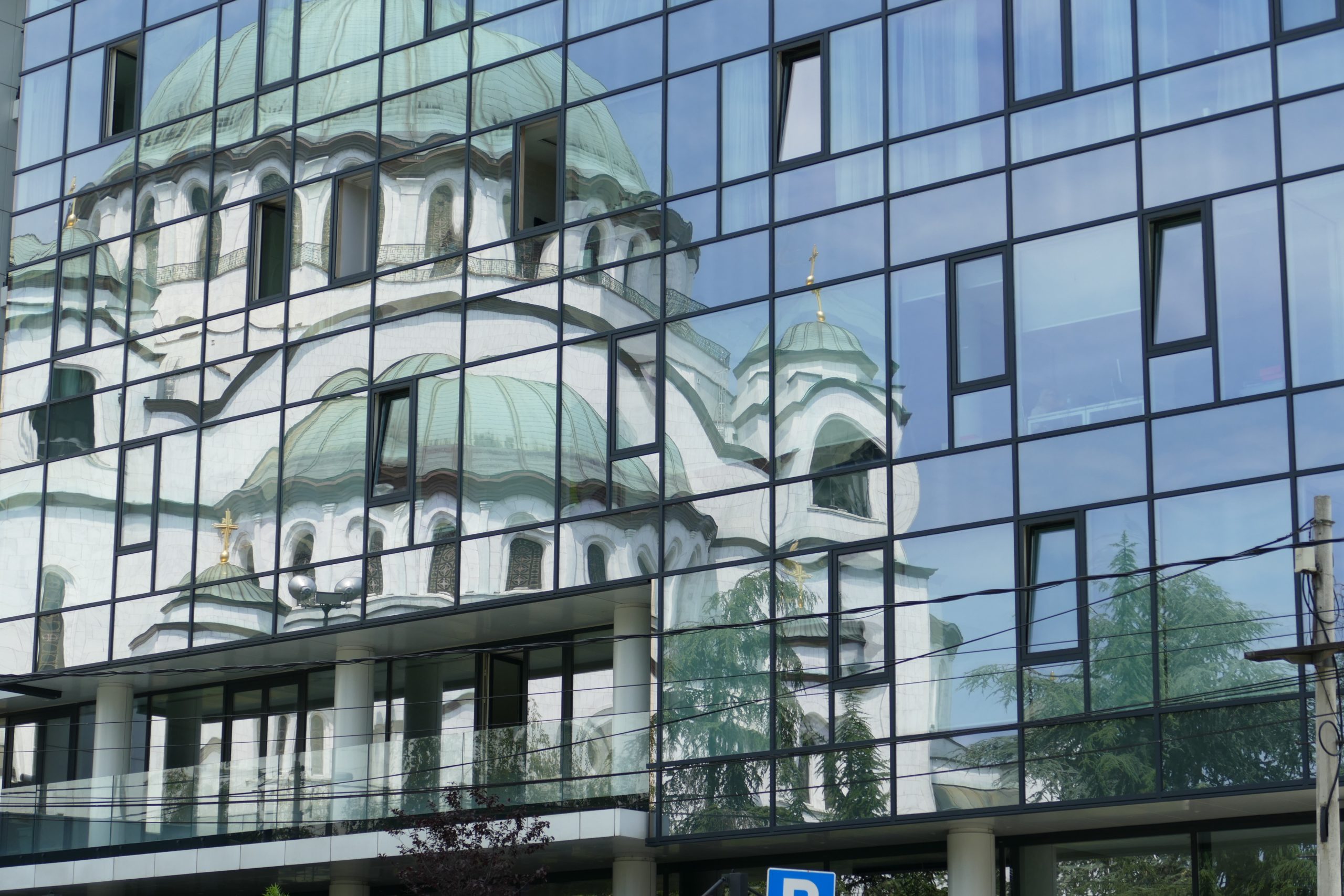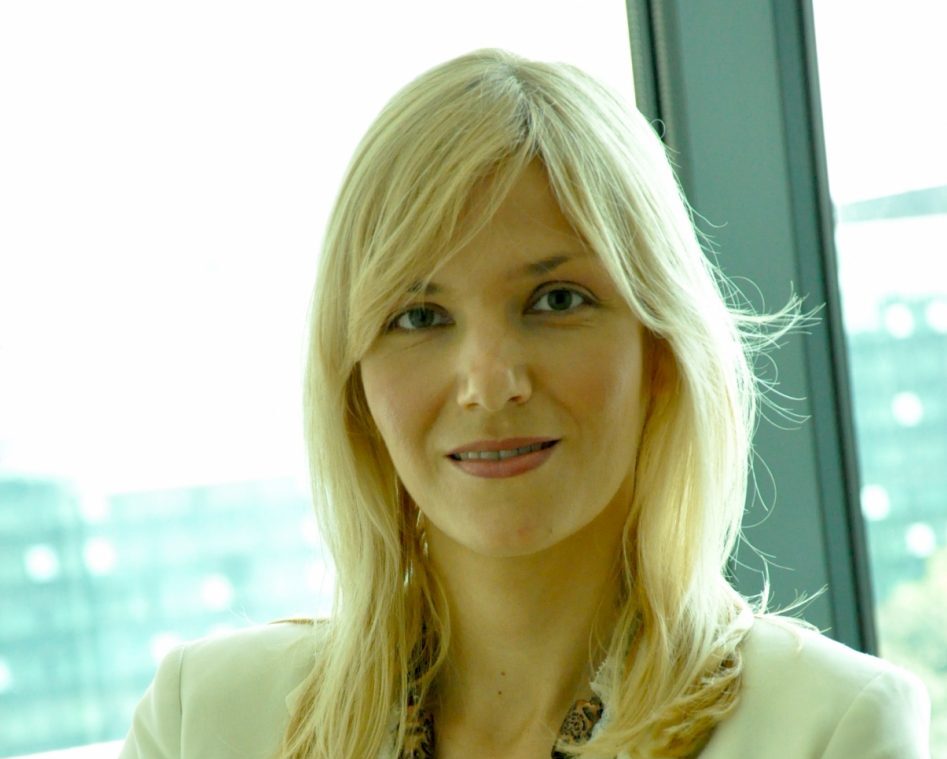Munster Technological University (MTU) was created on January 1st, 2021. MTU, which consists of six campuses across Cork and Kerry with a student body of more than 18,000, is a center of excellence in education, research and engagement for career-focused learners seeking enterprise and community-ready qualifications and experiences

Ireland is one of the most diverse countries in the European Union, with approximately 17% of its resident population born in another country. This diversity permeates the south west of Ireland where MTU plays a leadership role in the economic, social and cultural development of Ireland through connected, collaborative, responsive and inclusive education, engagement, research and innovation. While MTU is strongly rooted in the region, it has an international outlook. Building on the accomplishments of the founding institutions, each year MTU welcomes over 1,000 international students through links with 120+ leading universities worldwide.

Central to the creation of MTU is the commitment to a strong and innovative higher education sector which is vital to sustaining and developing community and economy. Entrepreneurship is in MTU’s DNA and has supported the development of approximately 500 start-up businesses to date. MTU has recently been awarded €3.5m to support the creation of an additional 75 new businesses over the next 5 years. These start-ups, coupled with global names such as Dell, Apple, Johnson & Johnson, Pfizer, Stryker and Amazon, have ensured that the region has developed into a thriving hub of technology, life sciences and business services operations. MTU’s sustained success in maintaining strong links and collaborations with a range of industry sectors provides outstanding opportunities for our students and many leaders of industry have graduated from our ranks. In addition, 80% of the MTU graduates go on to work in the region and make a pivotal contribution to the success of both international and indigenous organizations.
MTU has extensive experience in partnering with US multinationals, adding strategic value on multiple levels from co-production of curricula with industry from initial design through to assessment, work placement and quality assurance, offering a comprehensive range of 140+ courses that range from industry-specific micro-credentials to PhD studies. MTU also offers a suite of dedicated industry engagement centers in areas such as Industry 4.0, cyberphysical systems, cybersecurity, advanced manufacturing, clean technology, the bio-economy, photonics, maritime studies and agri-tech.
Inclusion is a key value of MTU – a University that offers a full spectrum of programs, from apprenticeships and work-based qualifications to PhDs, and also provides learning that is accessible and diverse. This commitment to access and inclusion from the widest possible range of backgrounds sets MTU apart and empowers all, who participate in the MTU education and experience, to embrace life and career opportunities. MTU commitment to this agenda has been recognized through the awarding of over €20 million under the Irish Government’s ‘Human Capital Initiative’ for the cutting edge delivery of programs in Engineering and Cyber Skills. This funding underpins the provision of additional capacity across the higher education sector to meet priority skill needs for enterprise and is awarded to recognize and promote innovative methods of teaching and delivery.


